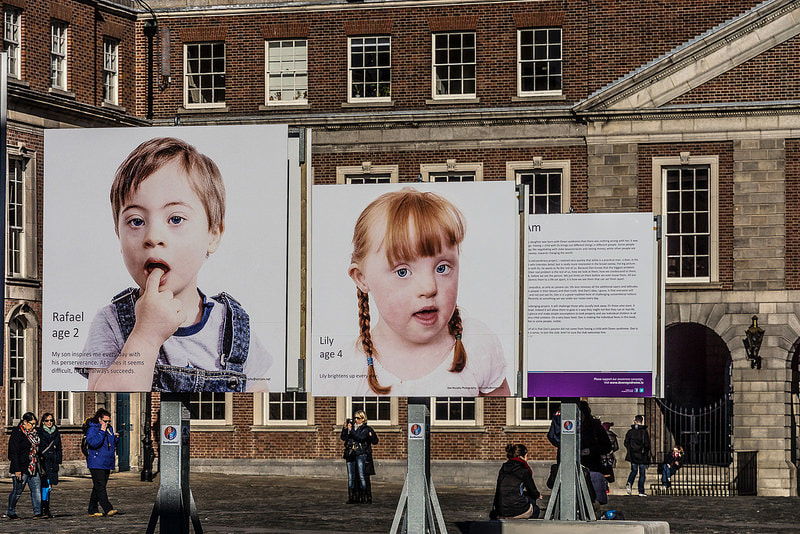| Iceland is close to completely eradicating Down syndrome births. This is not a good thing. As the show “CBSN: On Assignment” reported recently, this eradication has nothing to do with medical breakthroughs that cure the condition that arises from having an extra chromosome, although some of these are on the medical horizon. It has everything to do with parents deciding to abort fetuses that, tests show, may have the condition. |
| | Women in Iceland are not required to take this test, but medical professionals are required to tell them about its availability, and 80 to 85 percent of them agree to be screened. Some admit to feeling pressured. Virtually all who test positive end their pregnancies. As I have written before, the best way to understand whether people with Down syndrome have value is to talk to a parent of such a child. Despite the challenges, they inevitably will describe new vistas of beauty, honesty and patience that have opened to them as a result of the experience. They become fiercely defensive of children they say have much to offer the world. One such woman said of her son, “He's always showing me that life is so much bigger than self.” It’s no surprise, then, that Thordis Ingadottir, who accidentally gave birth to a Down syndrome child in Iceland because her screening failed, told CBS she has since become an activist for people with the condition. She is naturally worried about how her daughter, now 7, will be accepted and valued in a society where no one else is like her. Then she asks this piercing question: “What kind of society do you want to live in?” That is, after all, the question that should guide this debate. Do we want to live in a society where medical professionals, politicians and social engineers determine what type of body or level of normalcy is worthy of life? Are we better off to ignore and downplay the insights, understanding and character traits that result from confronting and laboring with life’s imperfections? Do we want a strict definition of beauty, value and perfection? Don’t assume this is a trend confined to Iceland. Much of Europe is on the same path, and CBS cited statistics showing 67 percent of women whose unborn children test positive for Down syndrome in the United States choose to abort, as well, although it’s difficult to know how many pregnant women have the test in the first place. In recent days, much of America has been focused on the horrors of a white supremacist and neo-Nazi movement espousing thoughts long since discredited. But the unwitting echoes of Nazi social engineering in the eradication of Down syndrome from societies should be unsettling, as well. They called it "Lebensunwertes Leben,” a German phrase that means “life not worth living.” People today talk of valuing a certain quality of life, and of protecting an unborn child from a life that lacks that quality. The irony is that this move to eradicate children with Down comes at a time when science is making advances toward curing the condition. A recent report on News-Medical.net said researchers have been able to harvest stem cells from urine, a breakthrough that will allow a more thorough study of the condition without tricky ethical concerns. Three years ago, Scientific American reported on the clinical trials of new drugs that might be able to cure the memory and learning inhibitors associated with Down. Researchers reported surprising results in mice that were genetically engineered to exhibit symptoms similar to Down syndrome. The ethical difference between preserving a life through a cure and eliminating a life ought to be clear. Meanwhile, few people are as eloquent on this subject as the people who were born with Down syndrome. CBS ended its segment by interviewing one of them — a young woman who said her concern about others is, “They just see Down. They don’t see me. I want people to see that I am just like everybody else.” If we allow nations to become obsessed with eliminating all things that make life less than perfect, a lot of things will escape our vision. |


 RSS Feed
RSS Feed

